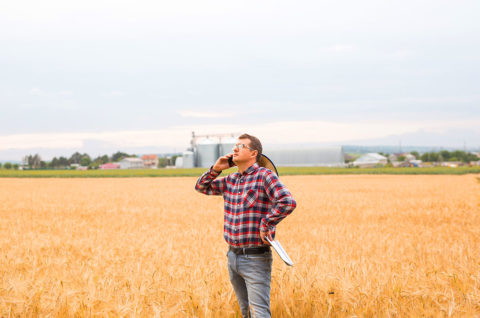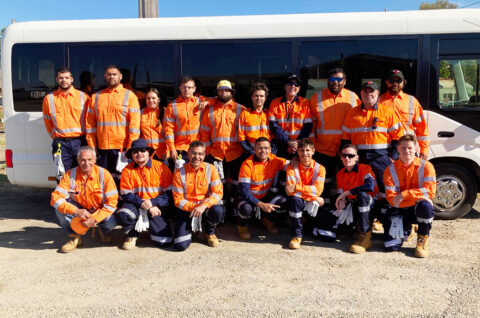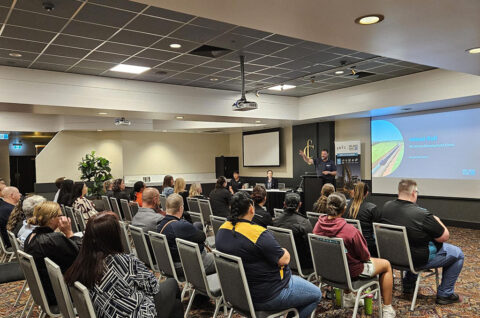Wangaratta Men’s Shed crafts new shelters for wildlife near Inland Rail sites
Nesting boxes hand-crafted by volunteers from the Wangaratta District Men’s Shed will become new homes for wildlife near Inland Rail construction sites.
June 22, 2023

Twenty-four boxes have been commissioned by Inland Rail contractor McConnell Dowell to provide homes to wildlife potentially affected by construction activity.
The boxes will provide safety and shelter for many native birds, bats and marsupial species such as the crimson rosella, turquoise parrot, yellow-tailed black cockatoo, powerful owl, sugar glider and the phascogale.
The boxes were built over several weeks by Max Vincent and Steve Brown and volunteers at the Wangaratta District Men’s Shed.
Constructed of marine ply, the boxes are hardy enough to survive the harsh conditions experienced in the Australian bush.
Ed Walker, ARTC Victoria and South Australian General Manager Projects said:
‘The team at the Wangaratta Men’s Shed have done a great job crafting homes and shelters for local wildlife.
‘Preserving the local flora and fauna is extremely important and we are working closely with our contractors to look after local wildlife.’
Tom Foley, McConnell Dowell Project Manager said:
‘It’s great to have local community groups involved in the project.
‘We are doing all we can to minimise disruption to the local community near our Inland Rail construction sites, and this includes for the local wildlife.’
IMAGE: Paul Servaes and Tony Nolan from the Wangaratta District Men’s Shed hand over the nesting boxes to Steve Eeles, McConnell Dowell Environment and Sustainability Manager and Damon Barclay, McConnell Dowell Environmental and Sustainability Adviser.



